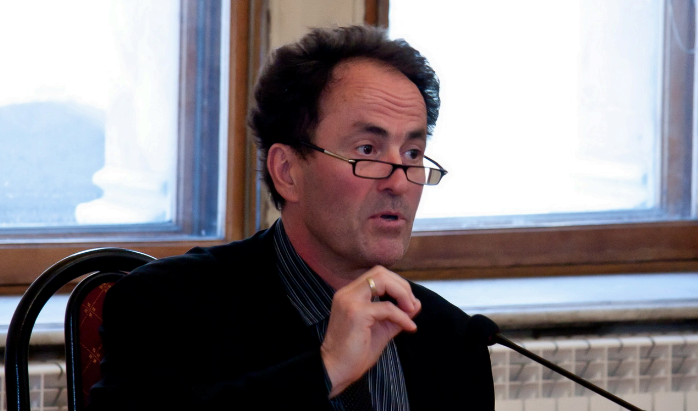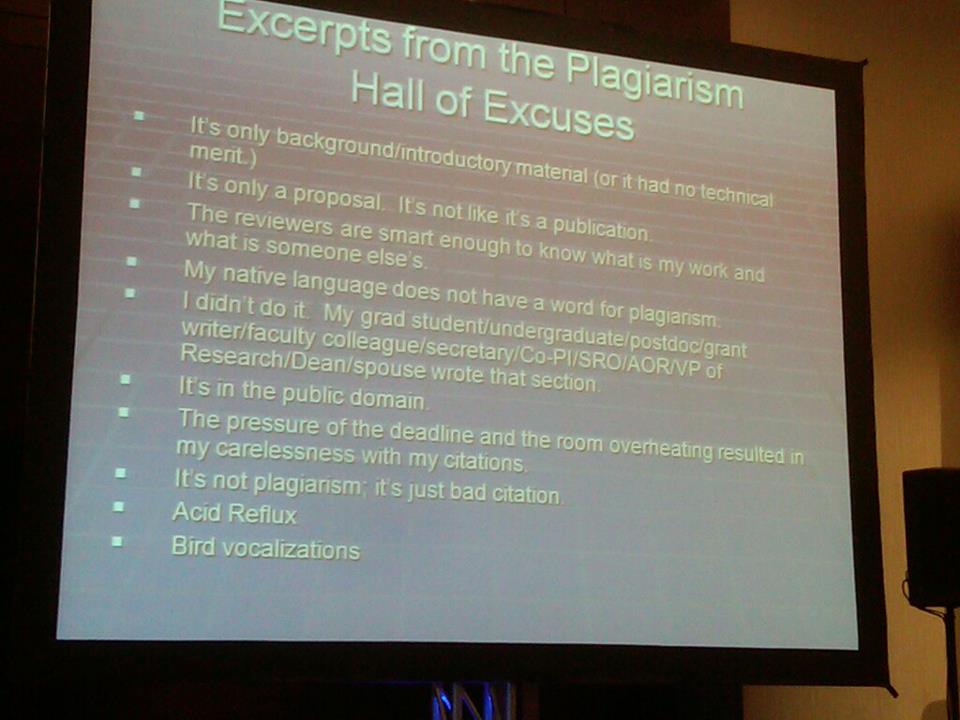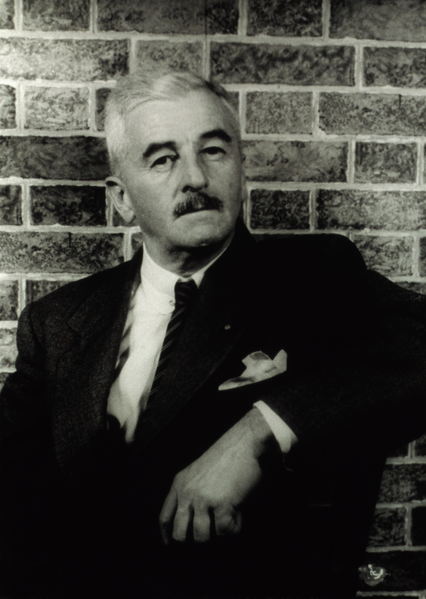
There’s a new publishing trend in town, says Mario Biagioli: Faking co-authors’ names. Biagioli, distinguished professor of law and science and technology studies and director of the Center for Innovation Studies at the University of California, Davis, writes in an article in Trends in Chemistry that it’s “the emergence of a new form of plagiarism that reflects the new metrics-based economy of scholarly publishing.” We asked him a few questions about what he’s found, and why authors might do this.
Retraction Watch (RW): You write that “A new trend in scientific misconduct involves listing fake coauthors on one’s publication.” Why would authors do that? Continue reading “A new form of plagiarism:” When researchers fake co-authors’ names

 Before we present this week’s Weekend Reads, a question: Do you enjoy our weekly roundup? If so, we could really use your help. Would you consider a
Before we present this week’s Weekend Reads, a question: Do you enjoy our weekly roundup? If so, we could really use your help. Would you consider a  Sam W. Lee, a Harvard researcher — or perhaps former Harvard researcher — who has
Sam W. Lee, a Harvard researcher — or perhaps former Harvard researcher — who has 



